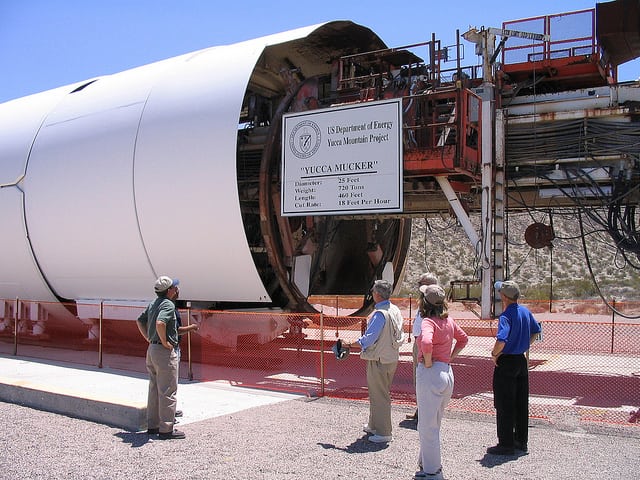
The U.S. Department of Energy remains committed to meeting its legal mandate for permanent disposal of spent nuclear reactor fuel, but is waiting on Congress to provide the funding needed to push that program forward, a senior DOE official said Tuesday.
Resolving…